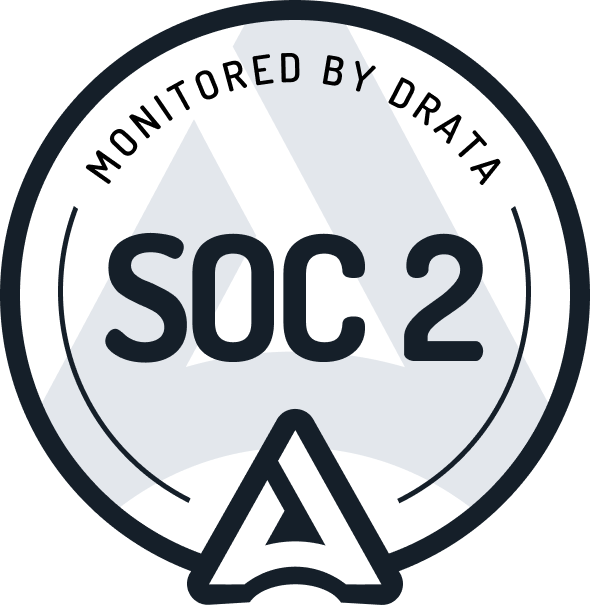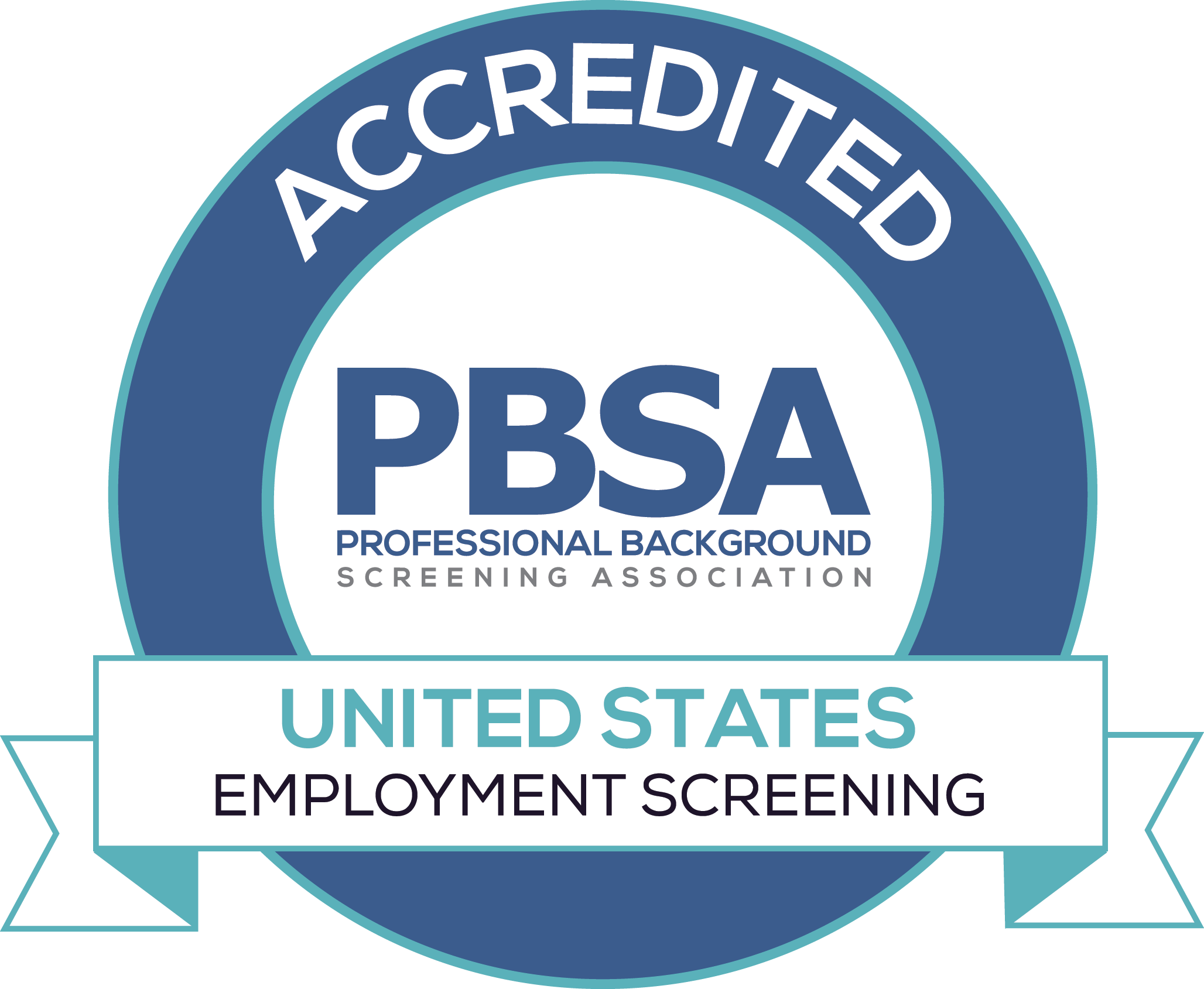April 28th, 2023
The state of Michigan has recently passed a series of laws that aim to make it easier for people with criminal records to expunge their convictions and start a new life. The laws, collectively known as the Clean Slate legislation, which took effect on April 11, 2023, and will expand the eligibility and process for expungement in several ways.
Expungement is the legal process of removing a conviction from a person's public criminal record. Expunged convictions are not visible to most employers, landlords, lenders, or other entities that conduct background checks. Expungement can have a significant impact on a person's ability to find a job, secure housing, obtain credit or access education. The goal of the Clean Slate Act is to remove barriers for individuals with certain criminal convictions to find employment and housing.
According to the Michigan State Police, there are about 6.5 million people in Michigan who have a criminal record, but only about 6.5% of them have applied for expungement. One of the main reasons for this low rate is the complexity and cost of the current expungement process.
The Clean Slate legislation aims to address these barriers by introducing the following changes:
Automatic expungement:
Certain misdemeanors and non-assaultive felonies will be automatically expunged from a person's record after a waiting period of seven or ten years, respectively.
Expanded eligibility:
The number of convictions that a person can expunge will increase from two misdemeanors and one felony to three felonies and an unlimited number of misdemeanors. However, some convictions will remain ineligible for expungement such as, but not limited to sex offenses, drunk driving offenses, and crimes punishable by life imprisonment.
Simplified process:
The application process for expungement will be streamlined and made more accessible by allowing online filing, waiving fees for applicants that qualify, and providing legal assistance through the Michigan Legal Help website.
Marijuana offenses: People who have been convicted of marijuana offenses that would not be illegal under the current law can apply for expungement without a limit on the number of convictions.
The Clean Slate legislation is expected to benefit thousands of people in Michigan who have been held back by their criminal records. According to a study by the University of Michigan Law School, people who received expungement saw their wages increase by an average of 25% within two years.
The Clean Slate legislation also has implications for the background screening industry in Michigan and beyond. Background screening providers will also need to educate their clients about the changes in the expungement laws and how they affect their hiring decisions. Additionally, background screening providers may also see an increase in demand for their services as more people seek to verify their own records or challenge inaccurate information. The other barrier that employers may see is the delayed turnaround time as Courts in Michigan comply with Clean Slate legislation. Lastly, consumer reporting agencies may start to see counties in Michigan disabling their Public Access Terminals to prevent access to possibly expunged records until their database is up to date.
The Clean Slate legislation represents a major reform in the criminal justice system in Michigan and a progressive step towards giving people with criminal records a second chance. The legislation also poses new challenges and opportunities for the background screening industry, which plays a vital role in ensuring fair and accurate information for both employers and applicants.
Company
Background Checks




